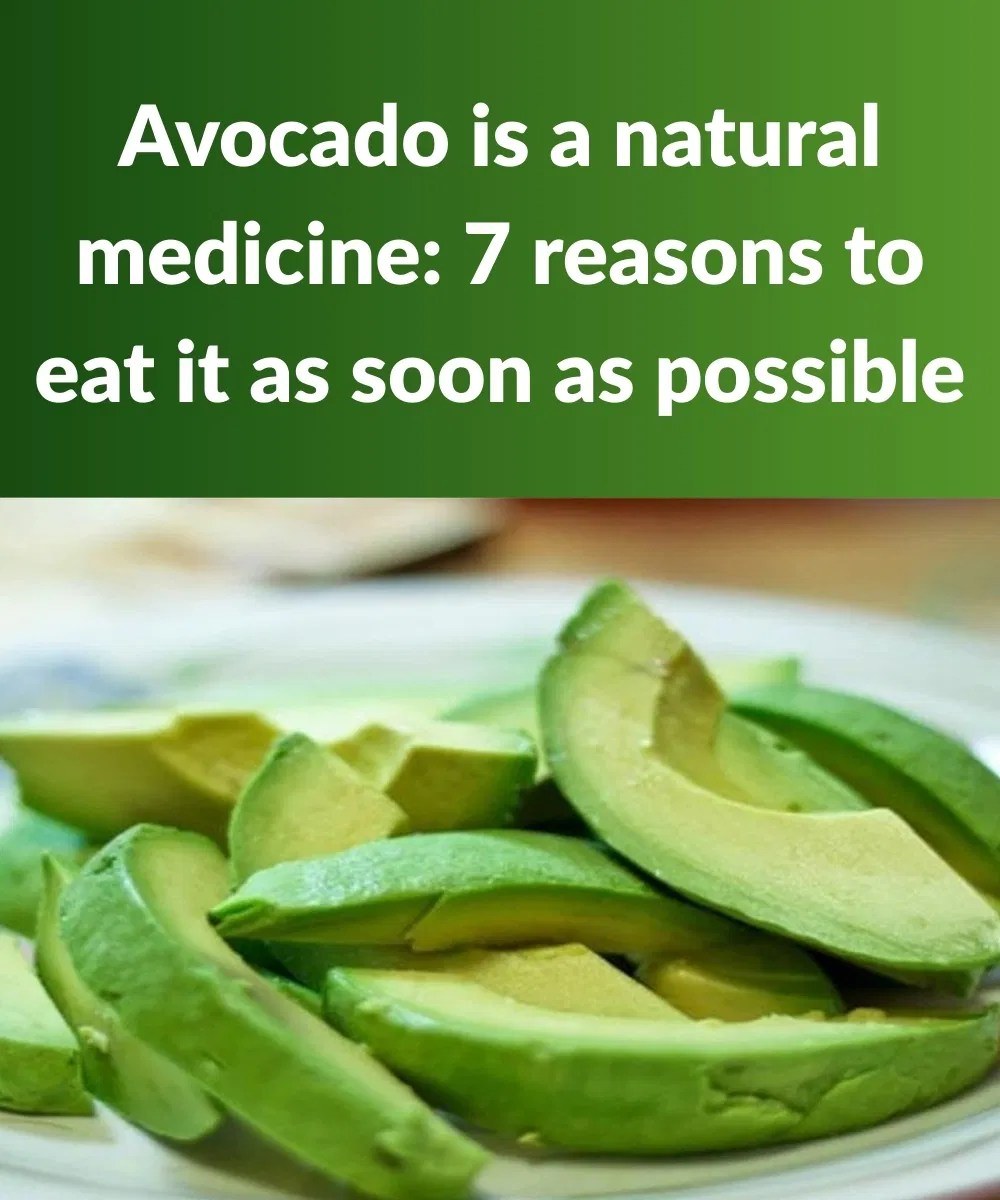Avocados have become one of the most talked-about foods in recent years, and it’s not just because they look good on toast or make for an Instagram-worthy brunch. Beyond the trend, avocados are a powerhouse of nutrition, offering a wide range of health benefits that make them worth including in your daily diet.

This creamy, green fruit is more than just a delicious addition to meals—it’s packed with over 20 essential nutrients, making it one of the most nutrient-dense foods you can eat. One of the standout features of avocados is their impressive potassium content. While most people think of bananas as the go-to source for potassium, avocados actually provide more of this vital mineral per serving. Potassium plays a key role in maintaining fluid balance, supporting nerve function, and helping muscles contract properly. Perhaps most importantly, it helps regulate blood pressure, and increasing your intake of potassium-rich foods like avocados has been linked to a reduced risk of stroke and heart disease. In addition to potassium, avocados are also rich in vitamins K, C, and several B vitamins, including folate.
Vitamin K is essential for proper blood clotting and bone health, while vitamin C supports the immune system and helps the body absorb iron. Folate is particularly important for cell function and tissue growth, especially for pregnant women, as it helps prevent certain birth defects. These vitamins work together to promote overall health and support bodily functions that are essential for feeling your best. Another major reason to love avocados is their fat content—but don’t let the word “fat” scare you off. Avocados are loaded with monounsaturated fats, the kind of healthy fat that supports heart health by helping to lower bad LDL cholesterol levels and raise good HDL cholesterol. These fats also help your body absorb fat-soluble vitamins like A, D, E, and K.
Incorporating these healthy fats into your diet may reduce the risk of heart disease and improve your overall lipid profile. Additionally, the fiber and fat combination in avocados helps keep you feeling full and satisfied, which can be particularly beneficial for anyone trying to manage their weight or prevent overeating. Avocados also play a role in maintaining stable blood sugar levels. Their low carbohydrate content and high fiber help prevent spikes in blood sugar, making them a great option for individuals managing diabetes or trying to prevent blood sugar crashes. Because they digest slowly, avocados help sustain energy levels and curb cravings throughout the day. Eye health is another area where avocados shine. They contain two powerful antioxidants—lutein and zeaxanthin—which are known to help protect the eyes from harmful blue light and reduce the risk of age-related macular degeneration. These compounds are found in the retina, and regularly consuming foods that contain them can support long-term vision health.
Bone strength is yet another benefit that avocados offer. They contain vitamin K, as mentioned earlier, which is crucial for calcium absorption and bone mineralization. Diets that are rich in vitamin K have been associated with a lower risk of bone fractures, and pairing avocados with other calcium-rich foods may help keep your bones strong as you age. Finally, avocados are incredibly versatile and easy to add to almost any meal. Whether sliced on top of toast, blended into smoothies, added to salads, or used to make guacamole, avocados can enhance the flavor, texture, and nutritional value of your dishes. Their creamy consistency makes them a satisfying substitute for less healthy spreads or toppings, and they pair well with a wide variety of ingredients. With all these benefits—from supporting your heart and eyes to helping manage your weight and blood sugar—it’s easy to see why avocados deserve a spot in your kitchen. Delicious, nutrient-rich, and endlessly adaptable, avocados aren’t just a passing food trend—they’re a smart and health-conscious choice for anyone looking to nourish their body and feel their best every day.





